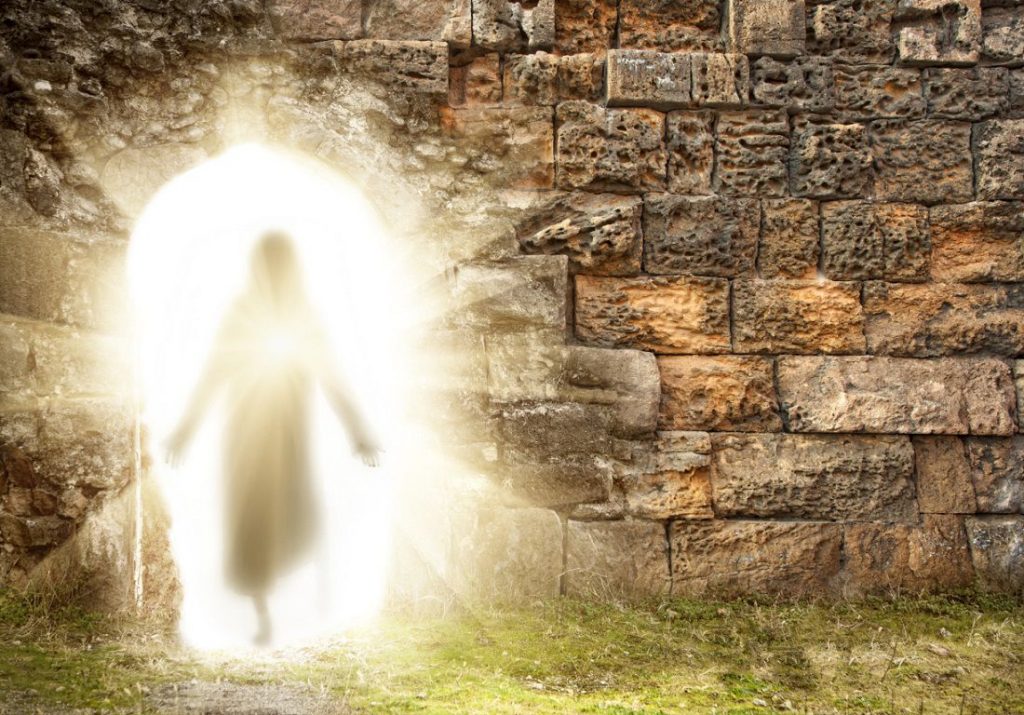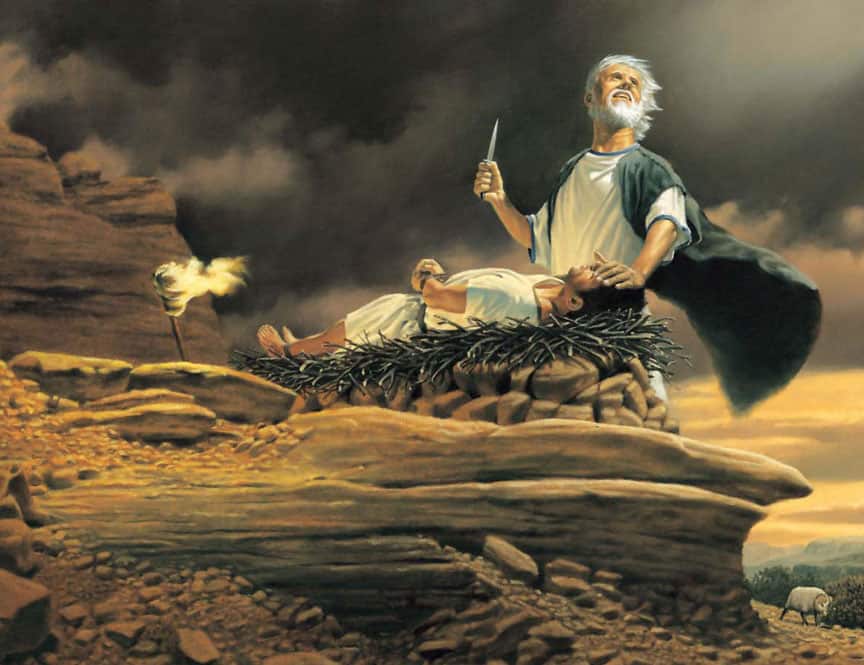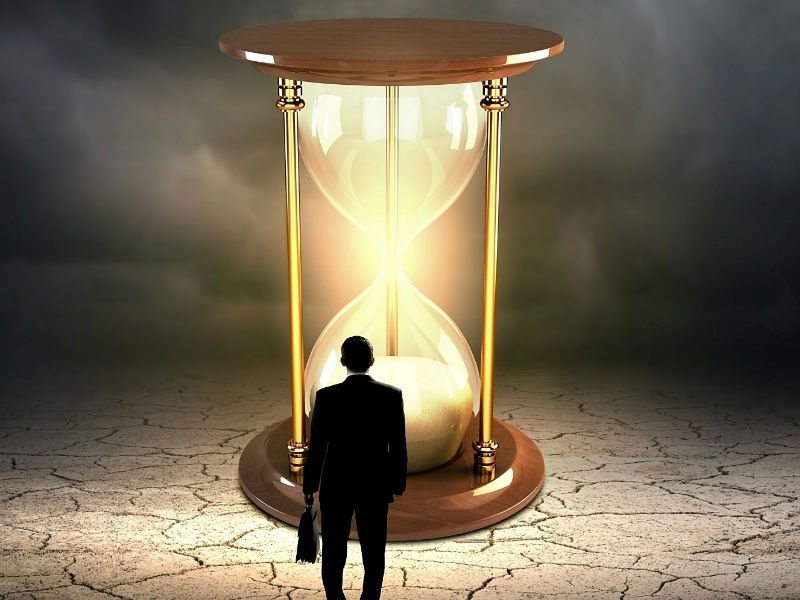QUESTION: At John 6:44 Jesus said no one can come to me unless the father draws him. The application always seems to be made by witnesses regarding that verse that it applies to all basically who become baptized witnesses or servants of Jehovah members of the other sheep. I have a hard time accepting that, for it seems to me that the verse applies more to the choosing of the holy ones, the anointed especially, when Jesus says in the verse he will raise them in the last day. Am I incorrect to think that that verse applies only to the anointed?
You are correct. Jesus was alluding to God’s choosing of those who will be with Christ. In context Jesus said: “All those whom the Father gives me will come to me, and I will never drive away the one who comes to me; for I have come down from heaven to do, not my own will, but the will of him who sent me. This is the will of him who sent me, that I should lose none out of all those whom he has given me, but that I should resurrect them on the last day. For this is the will of my Father, that everyone who recognizes the Son and exercises faith in him should have everlasting life, and I will resurrect him on the last day.” —John 6:37-40
As we know, it is God’s will that virtually all who have lived and died —the righteous and the unrighteous, the godly and the godless —will be resurrected during the 1,000 year reign of the Kingdom. Jesus spoke of that resurrection in the 5th chapter of John, calling it a “resurrection of judgment” —not meaning they would necessarily be condemned, but I refer to it as probation. Unrighteous persons, multitudes of which never even heard of Jesus, let alone believed he was the Son of God or exercised faith in him, will be resurrected and given an opportunity to live forever —provided, of course, that they obey Christ as Lord.
And if they do, then they can acquire the sinless perfection God originally bestowed on Adam and Eve and continue living for an eternity after the thousand years have ended. (That is why Revelation 20:5 states that “the rest of the dead did not come to life until the 1,000 years were ended,” in contrast with the first resurrection of the holy ones. It is not that they are physically resurrected after the 1,000 years have ended, but that they finally become sin free after successfully completing the probationary process of rehabilitation during the 1,000 years; hence, the dead coming to life means they are finally released from the condemnation of death due to inherited sin.)
But the point is, as regards the question —since virtually all will be resurrected and yet they did not necessarily recognize the Son or exercise faith prior to their deaths, those whom the Father draws to Jesus cannot be those who will receive an earthly resurrection.
Furthermore, Jehovah’s Witnesses, the vast majority anyway, have no expectation of receiving a resurrection, neither heavenly or earthly. Their hope is to never die at all, to survive the end of this world and be the nucleus of the world to come. So, even though they may be drawn to the truth, those who will ultimately make up the great crowd cannot be those whom Jesus will resurrect on the last day; hence, Jesus did not have the so-called other sheep in mind when he spoke of those whom his Father gives him.
Besides, it would seem odd if Jesus was referring to the re-creation as the last day, would it not? Jesus used the expression “re-creation” in reference to the time when the Son of man sits down on his throne, joined by the 144,000. (Matthew 19:28) In other words, the new world. The evils of this present age will be gone, like after the passing of a terrible storm and the dawning of a new day. Yet in the 6th chapter of John Jesus repeatedly spoke of the resurrection on the last day. The question naturally arises, on the last day of what?
As already explained above, the rest of the dead do not literally come to life after the 1,000 years have ended. Besides, it would not seem appropriate to refer to the glorious re-creation of mankind as occurring on the last day. On the contrary, the re-creation is the first day of eternity. Reasonably, logically, the last day is in relation to this present, wicked system.
The apostle Paul was privileged to divulge the sacred secret that all of the holy ones will be resurrected during the presence of Christ. First, those dead in union with Christ will rise. That would include the apostles and all of the faithful ones from the first century. Also, the International Bible Students and those more recently among Jehovah’s Witnesses who were anointed, drawn to Christ, but who have passed into death, will be resurrected. Then, those who are living during the parousia who die will not sleep in death as do those who have died before the return of Christ, but they will be instantaneously changed from flesh to spirit in the twinkling of an eye.
Before Satan is locked in the abyss to begin the 1,000 year period of the re-creation all of the 144,000 will be united with Christ. Their resurrections will take place during the tumult of the conclusion of this system —during the last days. And, to be sure, the killing of the last living holy ones will take place at the very end of the last days, even as is indicated in the 11th chapter of Revelation regarding the deaths and resurrection of the two anointed witnesses after the 42 months.
With the foregoing in mind, it is quite appropriate that Jesus should speak of the resurrection that will occur in the last day —the first resurrection, that is. And of those who receive the first resurrection the last of the remaining holy ones will literally be called to “come up here” during the last day of the last days. Revelation indicates that as soon as the first resurrection is concluded, then “the seventh angel blew his trumpet. And there were loud voices in heaven, saying: ‘The kingdom of the world has become the Kingdom of our Lord and of his Christ, and he will rule as king forever and ever.”



